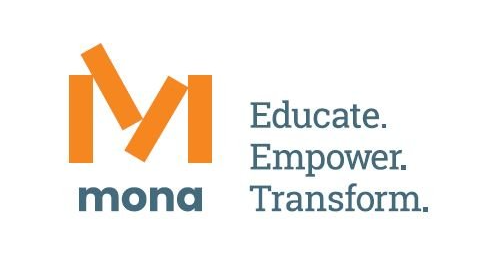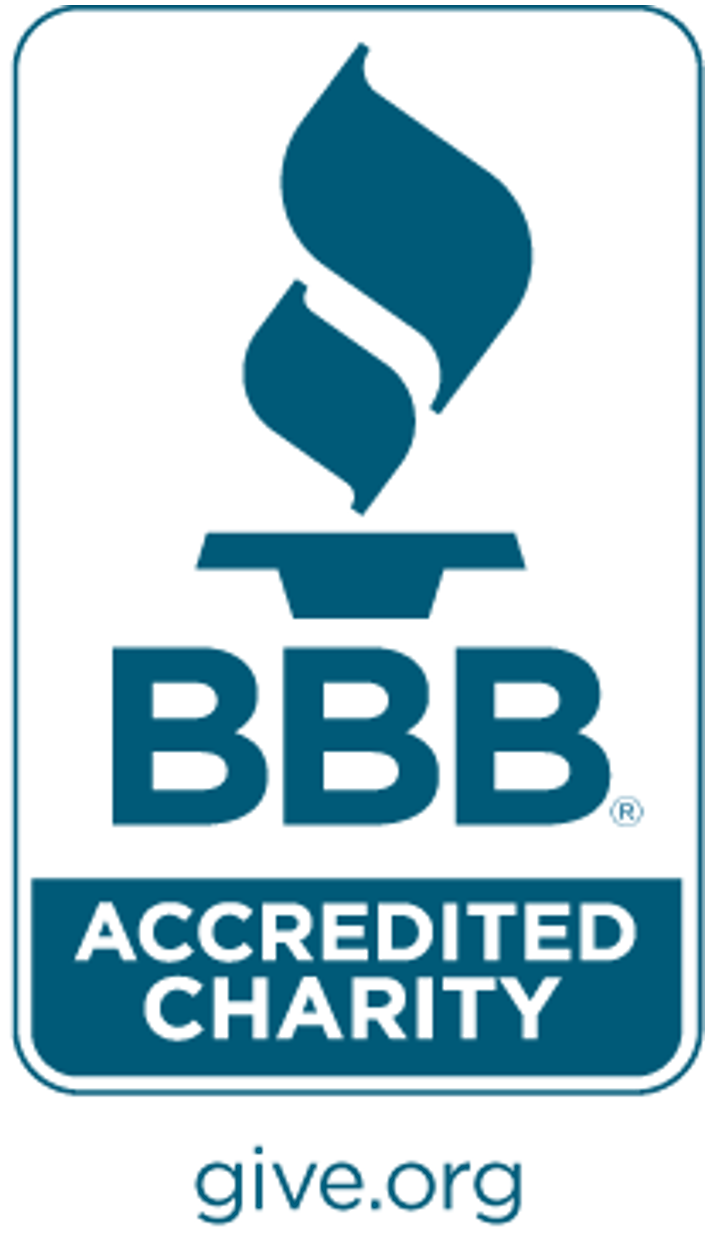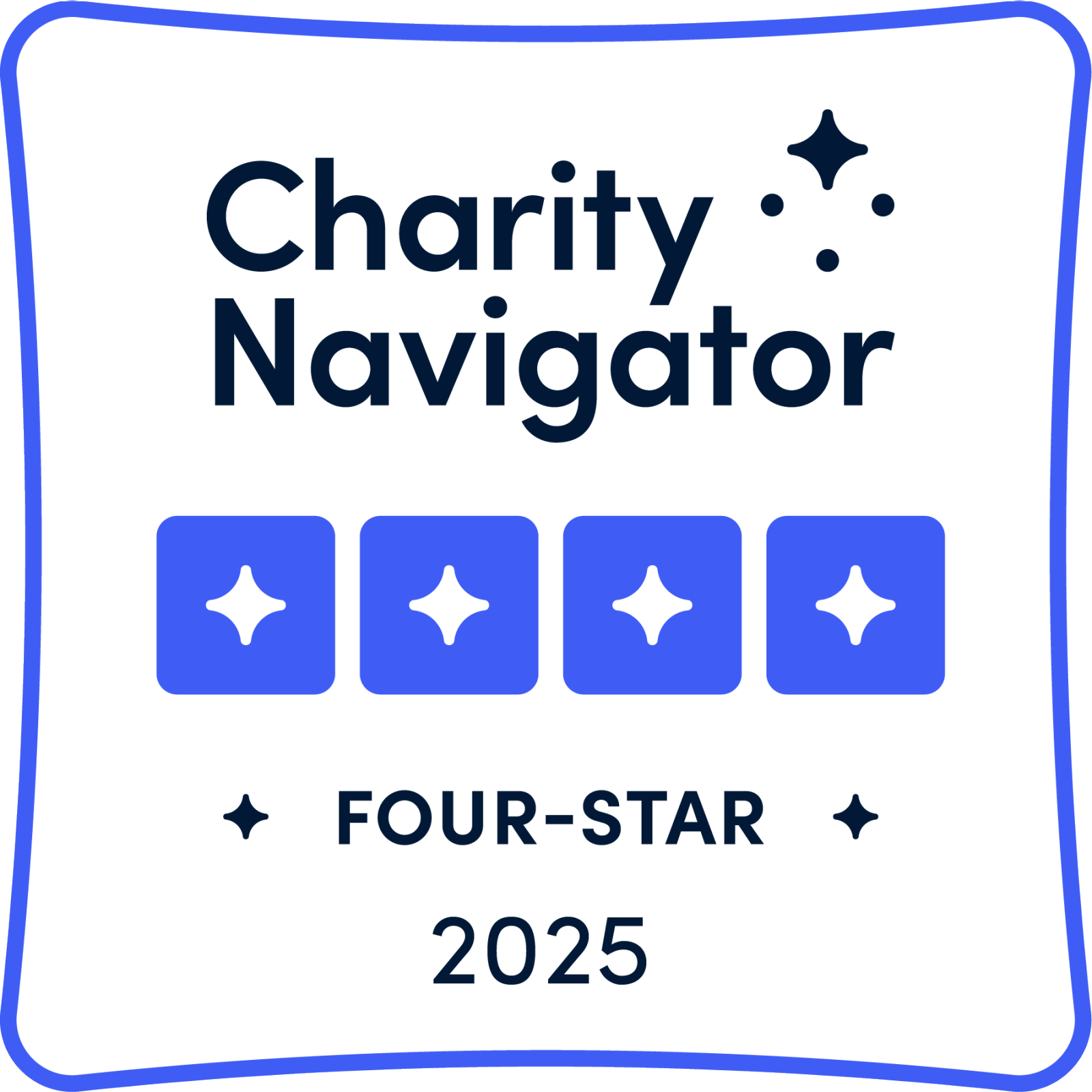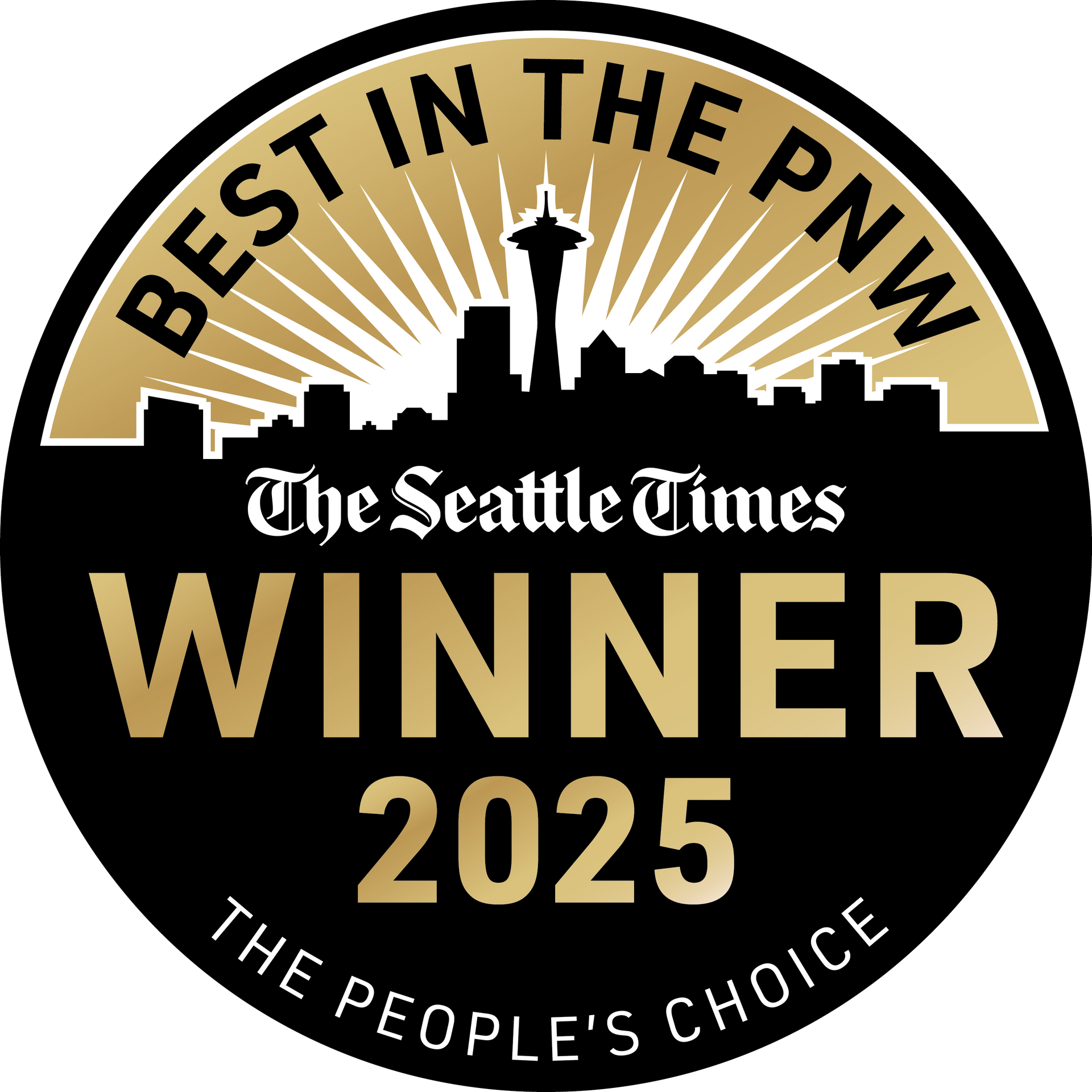Questions?
-
How was Mona founded? Who is Mona?
Mona was founded in 1999 by Mahnaz Javid and a small group of people who drew inspiration from the Baha’i principles of oneness, gender equality, universal education, and selfless service to humanity.
The foundation is named after Mona Mahmudnizhad, a young Iranian woman, who loved children and began volunteering in an orphanage at the age of 12. She was also an outspoken defender of human rights and wrote a high school essay on “Freedom.” Because of her beliefs as a Baha’i, her service to children, and her outspoken nature, she was arrested in 1983 at the age of 17 and executed after nine months of imprisonment. Her youth, courage, and commitment to education, service, and social justice inspired us to name the foundation after her.
-
What Values and Principles guide Mona's work?
Our approach to development is grounded in the conviction that we are all members of one human family and guided by a set of values and principles.
Our Core Values are:
- Oneness – We are all members of the same human family. Our diversity is our strength.
- Equity – We are all created noble with the capacity to learn, explore, create, and contribute to building a more prosperous and just society.
- Integrity – We faithfully apply and practice ethical values and principles in all aspects of our work.
- Empathy – With love and compassion in our hearts for every child, we take action to advance the overall well-being of all members of our human family.
- Partnership – We connect individuals, businesses, and nonprofits and partner with grassroots organizations in a common mission to address the root causes of poverty and inequality.
Our Guiding Principles are:
Universal participation – Every person on the planet has a part to play in contributing to the betterment of the world. In practice, this principle guides us to view those we partner with as the main actors in their own development.
Gender equality – As members of one human family, women and men must enjoy equal rights and opportunities and, as two wings of one bird, to fully participate in all aspects of society’s life and activities. In practice, this principle guides us to give focused attention to educating and empowering women and girls.
Balance between the material and spiritual – Human reality is multi-faceted with both material and spiritual dimensions. In practice, this principle guides us to educate the whole child— academically, artistically, morally, and socially—and to view development beyond a concern for economic prosperity but in terms of the population’s overall wellbeing.
Leadership in service – We emphasize indiscriminate service to others as a way of life and as an expression of our twofold purpose: to develop our individual talents and capacities, and to contribute to the well-being of our communities. In practice, this principle guides us to engage with humility and a selfless mindset to foster community and self-Development for the benefit of others.
Continuous learning and adapting – We pursue our work in a humble posture of learning and engage in an ongoing process of consultation, action, and reflection to improve year on year. after year. In practice, this principle guides us to seek broad and diverse points of view to evolve and sustainably develop our own ability to serve.
-
Why focus on educating girls and women?
Education, gender equality, and economic prosperity are inextricably linked. Educated communities are healthier, more sustainable, and less vulnerable to economic volatility. The World Bank and UNICEF confirm: "Education is a human right, a powerful driver of development, and one of the strongest instruments for reducing poverty and improving health, gender equality, peace, and stability."
Promoting gender equality and girls’ empowerment not only helps guarantee basic rights for half the world’s people, it is one of the most effective ways to build vibrant communities. It is widely accepted that investing $1 in education adds $10 in economic growth. In Mona’s experience, educating a girl improves the lives of 100 others over time.
Educated women tend to be more informed about nutrition and healthcare, marry at a later age, have fewer and healthier children, earn higher incomes, spend 90% on their families, and share their learning with others to directly impact the development of their communities. In fact, providing equal educational opportunities to girls yields a higher rate of return than any other investment we make in our communities. Girls' education strengthens economies and reduces inequality. It contributes to more stable, resilient societies that give all individuals - including boys and men - the opportunity to fulfill their potential.
-
How can I learn more about Mona's approach?
-
What types of educational needs does Mona fund?
The grant awards to our grassroots partners support:
- Infrastructure and Scholarships to improve access to education.
- Teacher Training to improve quality of education
- Girls Empowerment programs as a key lever of social change.
Our grants may also provide for school meals, materials and supplies, furniture, equipment, and other educational needs such as arts, music, and youth empowerment programs.
-
What are Mona's criteria for selecting its partner organizations?
Learning to identify and effectively partner with grassroots organizations has been an essential aspect of building our own capacity as a nonprofit over the years. Since inception, Mona has partnered with 41 community-led organizations in 23 countries, including Brazil, Cameroon, Colombia, The Gambia, Guatemala, Haiti, India, Macau, Mongolia, Panama, Sierra Leone, South Africa, Uganda, Vietnam, and the United States.
Based on this experience, we currently use the following selection criteria when considering an educational organization for partnership:
- Founded and operated by local residents.
- Addresses a vital and significant deficit in the basic needs of children. These needs must include education but may also include housing, food, and basic health care.
- Serves children of all backgrounds.
- Has a particular focus on educating girls and women.
- Seeks to develop human resources for the community.
- Established and functioning for at least three years.
- Enjoys the support of the local community.
- Is committed to the development of its programs.
- Has the capacity to effectively receive and manage funds from external agencies.
To foster collaborative relationships from the outset, we carry out a site visit prior to adopting a new partner organization and every 3-4 years thereafter. Such visits, carried out by members of our Board or designated representatives of the Board, aim to establish and strengthen relationships of trust and mutual reciprocity; facilitate an ongoing process of learning; enable us to tell our partners' stories and share the context of their service with integrity and transparency; and engage donors in learning about development and maintain their trust in our work.
-
How do I apply for a Mona partnership?
Mona Foundation is not currently accepting requests for new partnerships in 2025.
In general, Letters of Inquiry should be submitted to info@monafoundation.org by September 1st for consideration for partnership the following year. Please refer to our Project Selection Criteria to confirm your organization’s alignment with Mona’s mission.
Due to the large number of inquiries we receive, we do our very best to respond in a timely manner. If your inquiry is coming from outside of the United States, please be sure to include an email address.
-
What is Mona's relationship to the Baha'i International Development Organization?
In considering organizations founded by Baha’is, we rely on the Bahá'í International Development Organization (BIDO), previously known as the Office of Social and Economic Development (OSED). BIDO helps to strengthen institutional capacity building in countries where Bahá'í-inspired development efforts exist by fostering and supporting the learning process through community consultation, action, study and reflection, and through the systematization of experience and training.
BIDO (and OSED before it) has been a guide and advisor to the Mona Foundation since our inception. It is in touch with local grassroots NGOs implementing the development projects and knows when these NGOs have the experience and the institutional capacity to receive and manage funds from external sources. With their guidance, we therefore have the benefit of collaborating with proven local partners who have a positive record, have demonstrated trustworthiness and reliability, and have the capacity to collaborate with external funding agencies..
*Baha’i activity in the field of social and economic development seeks to promote the well-being of people of all walks of life, whatever their beliefs or background. It represents the efforts of the Baha’i community to effect constructive social change. Its purpose is not to teach the Faith nor convert, rather, as an expression of a deeply held set of beliefs, to engage in indiscriminate service to the world of humanity for the betterment of our collective world.
-
Are donations to Mona tax deductible?
Yes. Mona Foundation is a registered 501(c)(3) tax-exempt, non-profit organization in accordance with the Internal Revenue Service codes of the United States of America. All donations made from donors within the United States are tax deductible. Donors outside the United States should consult a certified public accountant registered within their country of residence.
-
Recognitions and Ratings
Mona Foundation currently sits on the Brookings Institution Center for Universal Education Leadership Council and is an approved UN Non-governmental Organization (NGO).
Notable recognitions include:
- 2021 Award Finalist, Catalyst 2030
- Integral Fellow, Microsoft Alumni Foundation
- Jefferson Award for Public Service
- Peter F Drucker Award for Nonprofit Innovation
- 2019 Gratitude Network Fellow
We adhere to the highest standards of accountability and transparency as indicated by our GuideStar Platinum status, BBB give.org “Accredited Charity" seal, Charity Navigator 4 Star rating, and Great Nonprofits Top-Rated status.
Bring Impact to your Inbox. Get our inspiring updates.
Thank you for subscribing to receive our latest news and inspiring stories from the field. You will receive Mona's newsletters about the first week of each month.
Call us at 425.743.4550 with any questions.
Mona Team
Please try again later
